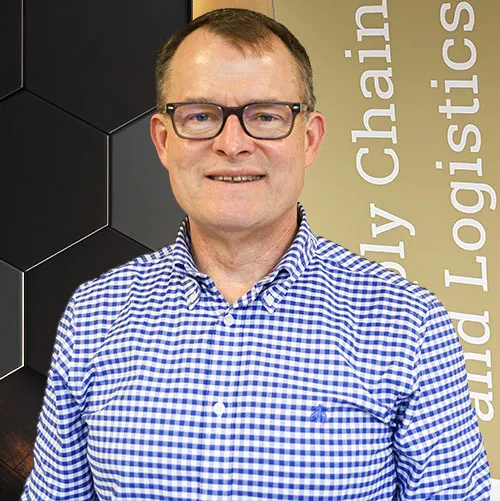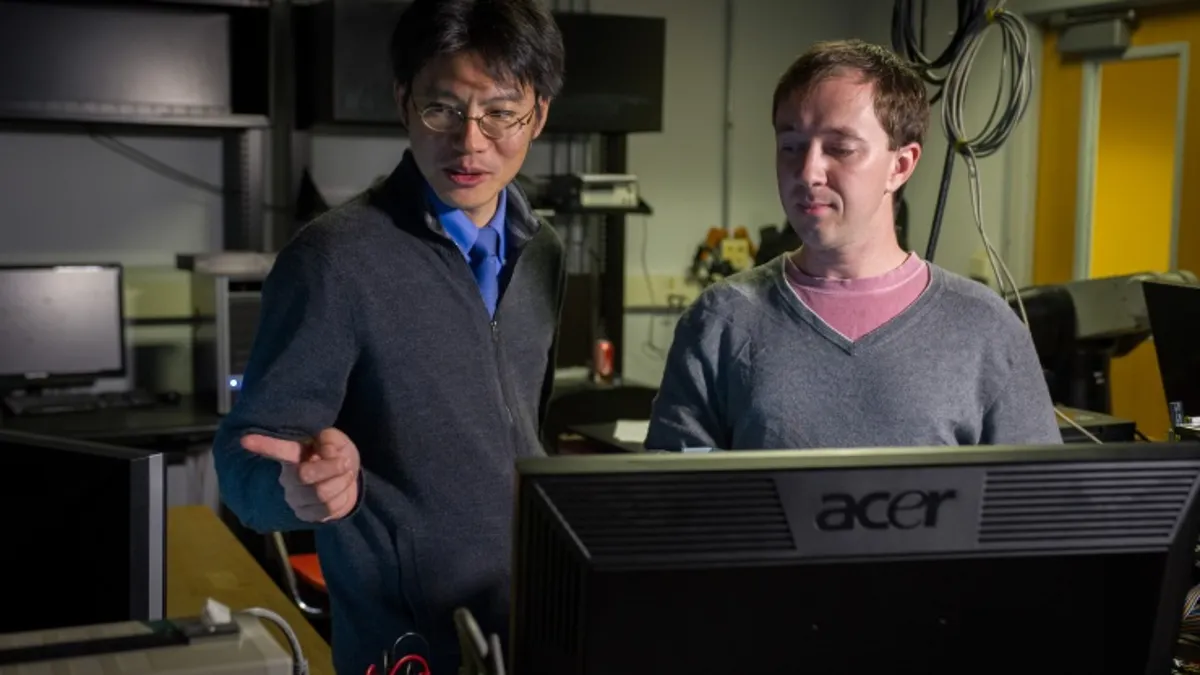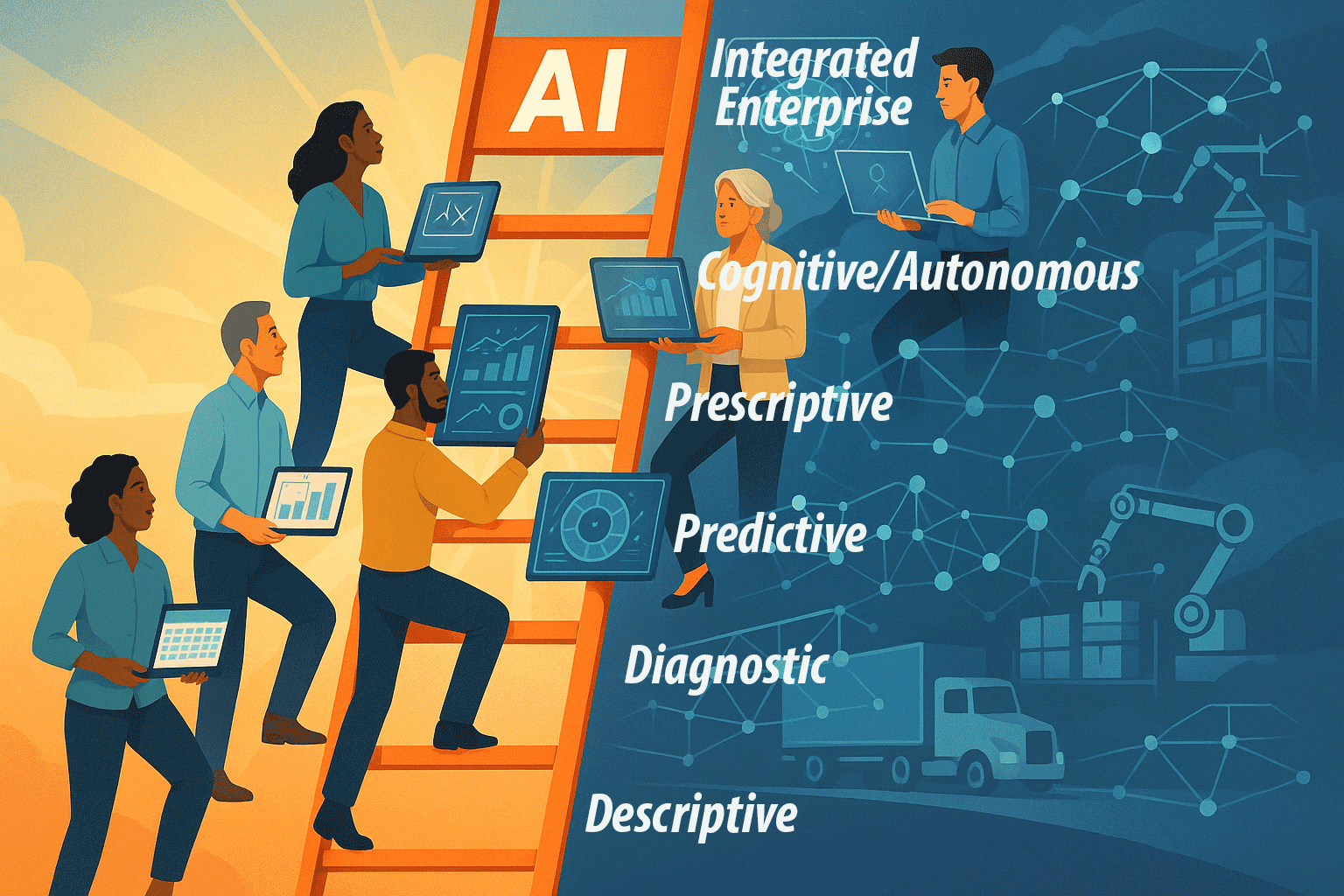Jul. 29, 2024
People often ask me how I stay up to date with the latest trends and developments in the dynamic world of supply chain management. Given the rapid pace of change in our field, it's essential to leverage a variety of resources to maintain a comprehensive and current understanding. Here, I’d like to share some of the resources I find most effective. These include weekly newsletters, podcasts, and key LinkedIn follows. The combination of these resources provides a broad spectrum of insights, covering supply chain, transportation, fulfillment, technology, and the economy.
Why the Economy Matters
While supply chain, transportation, and technology are obvious areas to focus on, the inclusion of economic insights might seem less intuitive. However, understanding the economy is critical. Supply chains are fundamentally about balancing supply and demand, justifying investments, and fostering business growth. Many inputs are global, the employment market drives wages and employment quality, and macroeconomic factors like growth and interest rates influence numerous aspects of supply chains. Hence, keeping an eye on economic trends is indispensable for any supply chain professional.
Essential Supply Chain Newsletters
Bloomberg’s Supply Lines
One of my top choices for supply chain news is Bloomberg’s Supply Lines. This multi-weekly newsletter offers concise, high quality updates on global supply chain developments. It’s a free resource from a reputable source, making it an accessible way to stay informed about major trends and events affecting our industry.
Dynamo Ventures Dispatch
Another excellent resource is Dynamo Ventures’ Monday newsletter. This newsletter aggregates a wealth of information on current supply chain issues, with a particular focus on supply chain technology and venture capital (VC) and investor interest in the field. It’s an invaluable tool for understanding the intersection of innovation and investment in supply chains.
Must Listen Podcasts
Freightvine with Chris Caplice
For those who prefer podcasts, "Freightvine" hosted by Chris Caplice is a must listen. Caplice is a legend in the world of transportation, and his podcast covers all the key topics in the industry. From transportation management to logistics challenges, Freightvine provides deep insights and expert perspectives.
What Is Going On in Shipping?
If global freight movement is your area of interest, "What Is Going On in Shipping?" on YouTube offers an inside scoop on macro issues in global port and freight flow. The channel provides timely and in-depth analyses of the challenges and trends affecting global shipping, making it an excellent resource for those focused on international logistics.
Macro Musings
I like this one because it goes deep into how the Fed makes decisions on economic policy and actions and includes linkage to business conditions and the macro economy.
Key LinkedIn Influencers
Brittain Ladd
For fulfillment and ecommerce insights, I recommend following Brittain Ladd on LinkedIn. Although I don’t always agree with all of his views, Brittain provides detailed and thought provoking opinions on all aspects of fulfillment. His posts are well researched and cover a wide range of topics, offering valuable perspectives for anyone involved in ecommerce and order fulfillment.
Bridging Supply Chain and Economics
Bloomberg’s Odd Lots Podcast
Lastly, for the intersection of supply chain and economics, Bloomberg’s "Odd Lots" podcast is unparalleled. During the pandemic, the podcast delved deep into supply chain issues, and it continues to feature great guests who provide actionable insights on everything from procurement strategies to retail pricing. The discussions on macroeconomic issues are particularly relevant, offering a broader context that helps in understanding the economic forces shaping supply chains.
Conclusion
In conclusion, staying current in the supply chain field requires a multifaceted approach. By leveraging newsletters like Bloomberg’s Supply Lines and Dynamo Ventures, listening to podcasts like Freightvine and Odd Lots, and following industry influencers on LinkedIn, you can gain a comprehensive understanding of the trends and issues shaping our industry. Each of these resources brings a unique perspective, helping to ensure that you are well informed and prepared to navigate the complexities of modern supply chains.
I also consume many other resources and apologize if I didn’t include your site. I won't hype my own work, but it is out there to consume. How do you stay current in the world of supply chain? We'd love to hear from you about your go to sources and will do a follow up based on crowdsourcing the audience's best resources to stay current in all things supply chain. Please email me at info@scl.gatech.edu with your Go Tos and we’ll create a better list together.
By combining these resources, you can stay ahead of the curve, continuously enhancing your knowledge and skills in this ever evolving field.
Chris Gaffney, SCL Managing Director
News Contact
info@scl.gatech.edu





